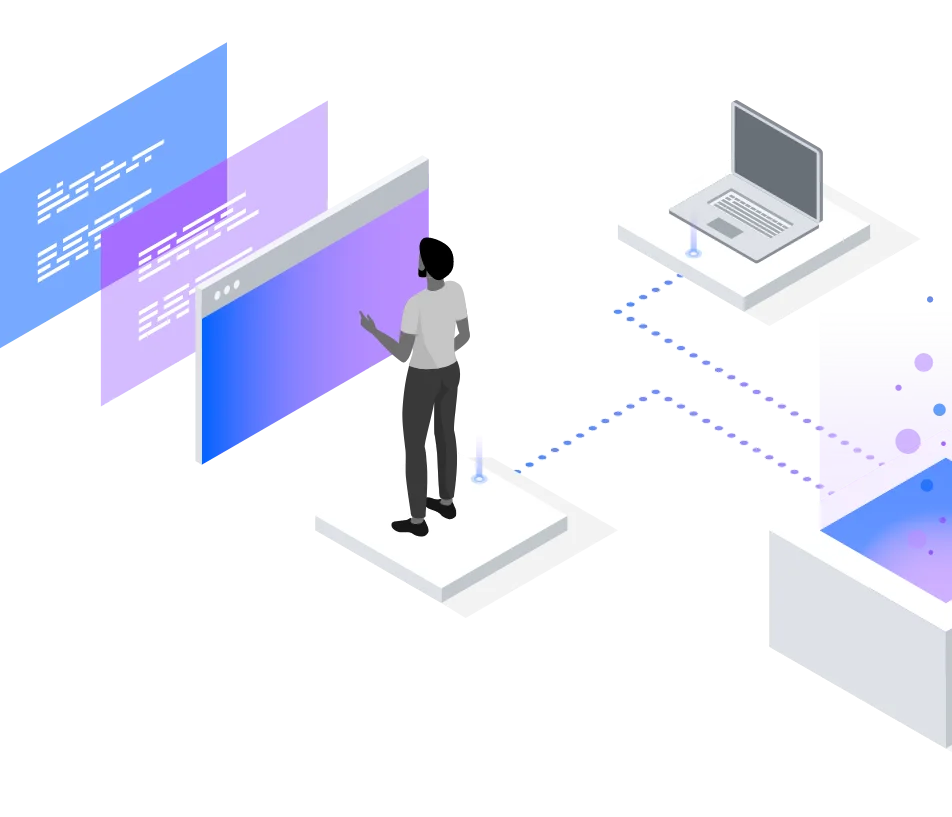A web service can refer to any service offered by one device to another device while communicating over the the internet. In most cases, this is a software or application that makes itself available over the internet to a user using another computer. Anytime you use a cloud-based product, you are using a web service because you are accessing an application via the internet from your computer.
Web services could also refer to a server running on a computing device that listens for and accepts requests via a port over a network. In this case, the web service serves web documents like HTML and XML. When you access a website over the internet, you are pinging a server that serves you the documents that make up the Website—this is a web service.
Web services are instrumental in allowing various applications—and by extension, various devices—to communicate with each other over the internet. One of the most widely recognized providers of web services is Amazon, which serves its customers through Amazon web Services (AWS). Like its competitors, Amazon provides web services like cloud computing services to organizations.




